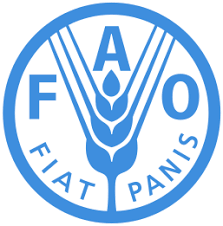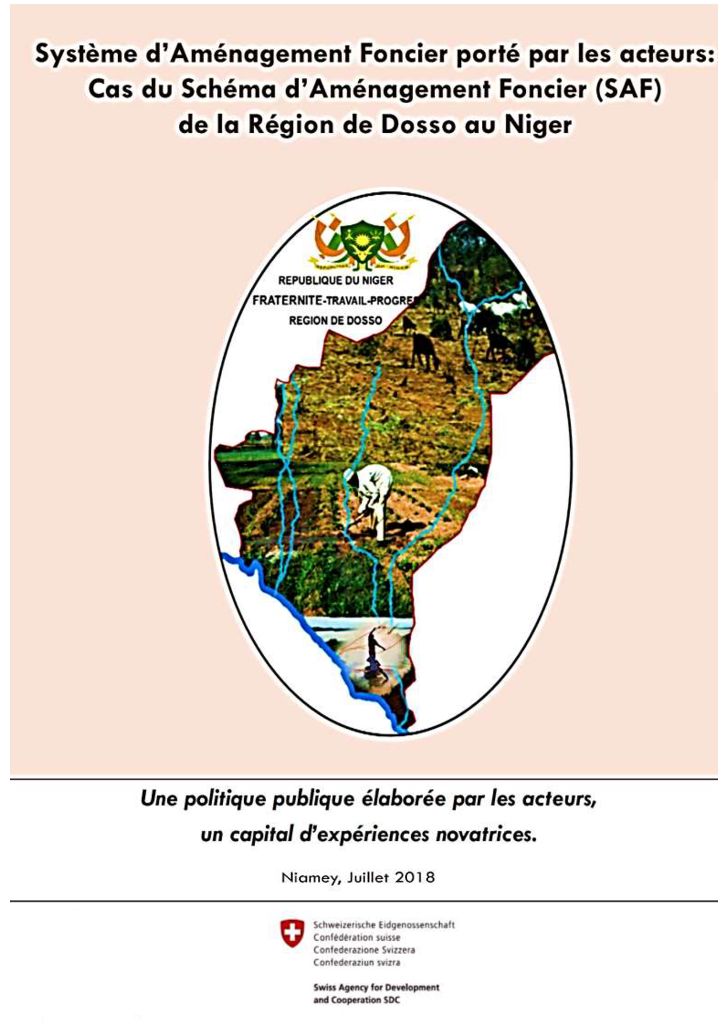El derecho de propiedad en la Constitución Española de 1978
En el presente artículo se analiza la regulación del derecho de propiedad privada en la Constitución española de 1978 y, a través de ella, algunas cuestiones generales del sistema constitucional español. Tras examinar la trascendencia político-constitucional del derecho de propiedad, se estudia el artículo 33 de esta Constitución: las bases históricas e ideológicas del concepto de propiedad consagrado en él y el significado del principio de la función social.




